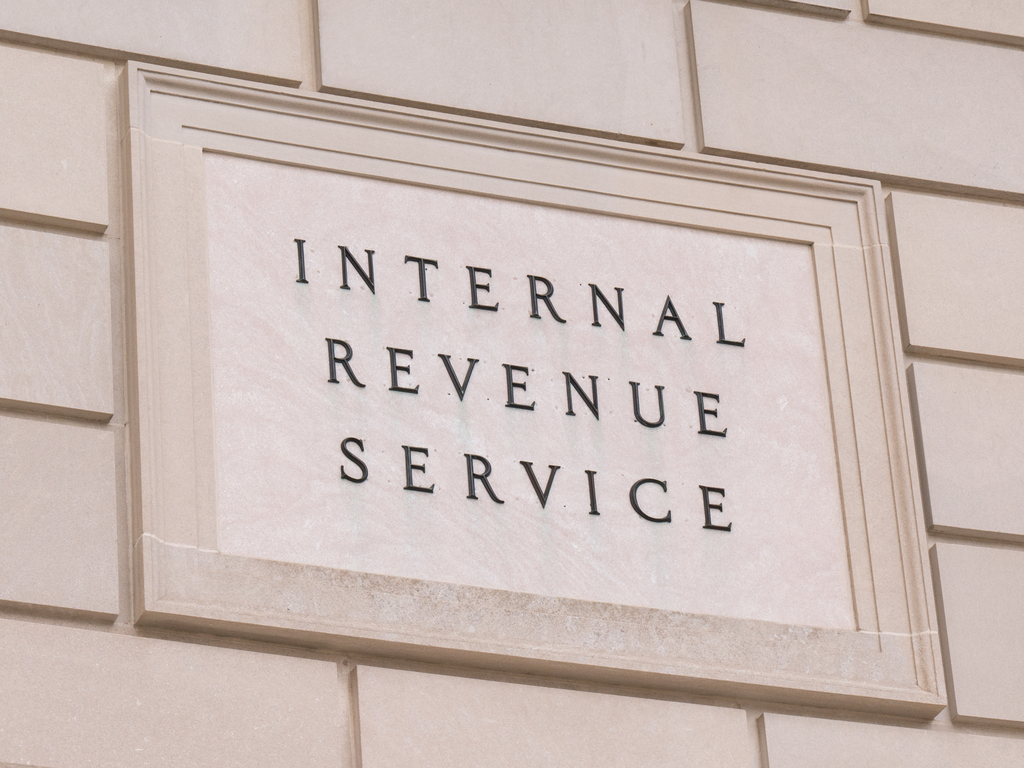The Tax Cuts and Jobs Act of 2017 included Section 1061 which stated that certain taxpayers that hold profits interests in partnerships must satisfy a three-year holding period to qualify for preferential long-term capital gain rates, instead of the usual one-year holding period. Several questions and loopholes arose when this rule was implemented, and the IRS has finally released proposed regulations addressing these issues. This article will provide an overview of the current rules and some key takeaways on how the new regulations will affect them. Keep in mind that these new regulations will not be generally applicable until final regulations are published, which could be as soon as late quarter 4 of 2020 to early quarter 1 of 2021.
What is a Carried Interest?
Carried interest is a contractual right that entitles the general partner of an investment fund to share in the fund’s profits. Because of how the regulations are worded, virtually any partnership interest issued by an investment fund vehicle, including hedge funds and private equity funds, to the general partner as consideration for providing management or investment advisory services is a carried interest.
What are the Current Rules?
- Carried interest attributable to investments held for less than three years will be taxed at ordinary rates and carried interest attributable to investments held for more than three years will benefit from long-term capital gain rates.
- The increased holding period under Section 1061 applies to both gain on the sale of the applicable partnership interests and on partnership gain allocated to partners holding applicable partnership interests (API)
- Section 1061 applies to all entities other than S and C corporations
How will the Proposed Regulations Affect the Current Rules?
- More investment sales will qualify for long-term capital gain treatment and thus taxed favorably. Per the regulations, gains/losses from the sale of business property, regulated futures and certain other contracts, and qualified dividends are not subject to the carried interest rules. This means they are no longer subject to the three-year holding period test and can become long term more easily.
- Certain sales require a blended treatment leading to an apportionment of the gain to long- and short-term gain. The proposed regulations provide rules for determining the extent to which long-term capital gain or loss recognized on the disposition of a pass-through interest composed of both an API and a capital interest is excluded from Section 1061.
- All pass-through entities will be subject to the rules, including S corporations. The regulations also provide rules for applying Section 1061 through tiers of passthrough entities.
- An otherwise non-taxable transfer of a carried interest to a related person, such as a gift, could trigger an immediate tax under a rule contained in the proposed regulations.
- Under a look-through rule, a sale of a partnership interest
held for more than 3 years can nonetheless result in short-term capital gains due
a portion of the capital gain being subject to Section 1061. Specifically, if the taxpayer holds the
API through intermediate entities and:
- (i) all of those entities have at least a three-year holding period in the API and
- (ii)
80% or more of the aggregate fair market value of all the assets (ignoring cash
and cash-equivalents) of the partnership that granted the API
- (a) would produce capital gain or loss and
- (b) have a holding period to the partnership of three years or less
Conclusion
These regulations are not final yet and additional guidance is expected to be released before it is formally written into tax law. Also, although Section 1061 is a permanent provision in the tax code, meaning it won’t automatically expire sometime in the future, there is still a possibility for these rules to change as a result of the presidential election. Nevertheless, you are still allowed to rely on these Proposed Regulations before the final regulations are published, provided you follow the Proposed Regulations consistently and in their entirety. Keep an eye out for the release of the final regulations which usually take place in November and December.
If any of this relates to you, make sure to call Paragon Accountants and schedule a consultation to get all your bases covered!





